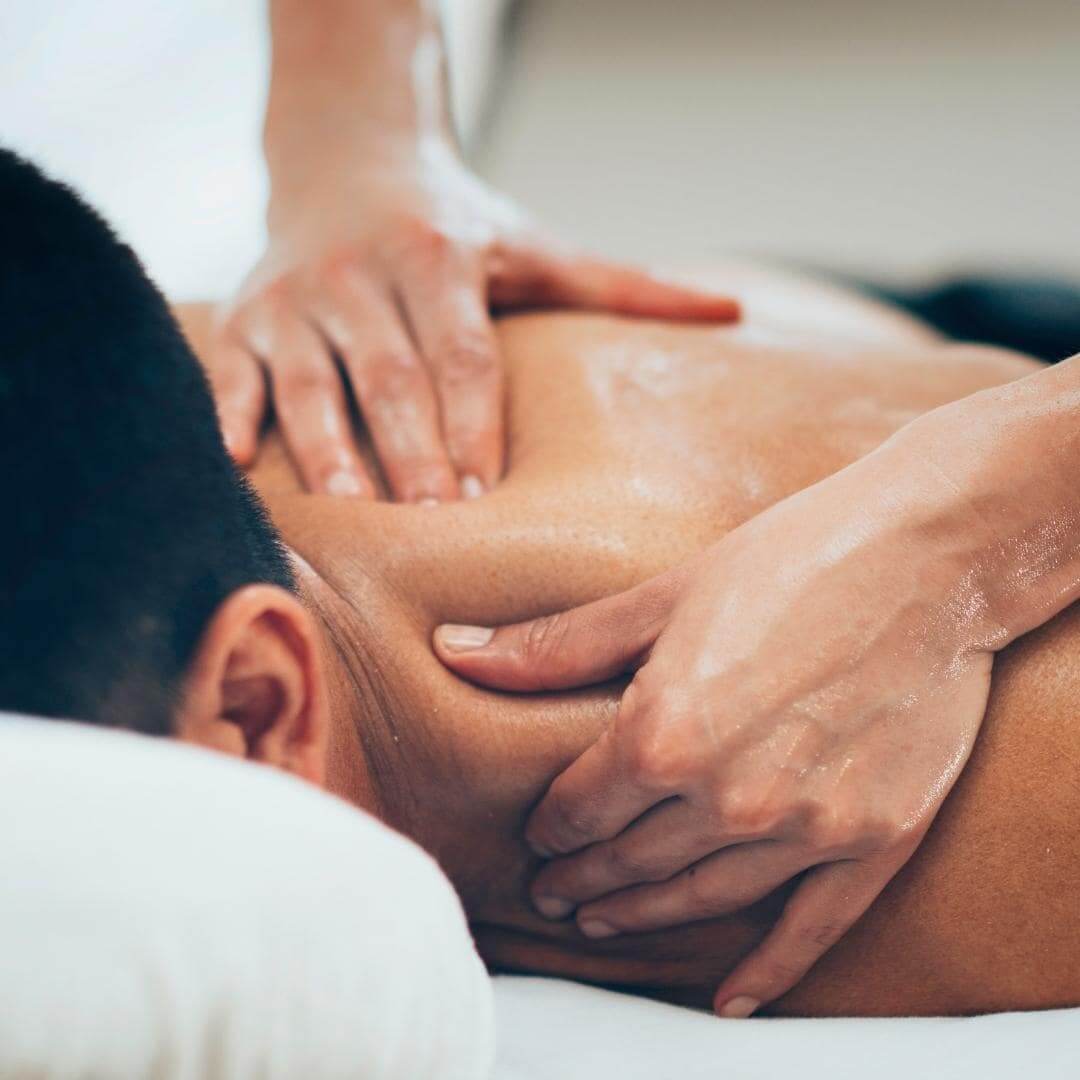If you’re a fan of relaxation, rejuvenation, and all things zen, you’ve probably considered or indulged in a massage therapy session at some point in your life. But did you know that not everyone can hop onto the massage table without a second thought? Yep, that’s right! There are some common contraindications for massage therapy that you should be aware of to ensure your massage experience is safe and beneficial. Fear not, though, because we’re here to demystify this topic and help you navigate your way to a more blissful massage journey.
What Are Contraindications?
Before we dive into the nitty-gritty of massage therapy contraindications, let’s clarify what they are. Contraindications are conditions or situations in which a particular treatment, in this case, massage therapy, is either not recommended or should be adjusted to ensure the safety and well-being of the client. These guidelines exist to protect you and ensure that you get the most out of your massage experience.
Common Contraindications
- Infectious Diseases: First and foremost, if you’re battling a contagious illness, it’s best to reschedule your massage. Nobody wants to share germs, and your therapist will thank you for keeping them healthy too.
- Fever: A fever is your body’s way of telling you that something’s not quite right. It’s a sign of an underlying issue, and getting a massage while running a fever can make matters worse. So, cozy up with a blanket and some chicken soup instead!
- Severe Hypertension: High blood pressure isn’t something to be taken lightly. Deep tissue massages can temporarily raise blood pressure, so if you’re dealing with severe hypertension, consult your healthcare provider before scheduling a massage.
- Skin Conditions: Open wounds, rashes, sunburns, or any other skin conditions in the area to be massaged can be problematic. Let your therapist know about these issues so they can adjust their approach accordingly.
- Recent Surgeries: If you’ve recently had surgery, it’s essential to wait until you’re fully healed and your doctor gives the green light for massage therapy. Rushing into it can lead to complications.
- Pregnancy: While massages can be incredibly beneficial during pregnancy, they should be performed by therapists trained in prenatal massage. Certain pressure points and techniques can be harmful if not used correctly, so always inform your therapist if you’re expecting.
- Chronic Health Conditions: If you have chronic conditions like heart disease, diabetes, or cancer, consult your healthcare provider before scheduling a massage. They can provide guidance on whether massage therapy is suitable and if any modifications are needed.
- Allergies: Be sure to inform your massage therapist of any allergies you have, especially if they use oils or lotions. No one wants an unexpected reaction mid-massage!
- Medications: Some medications may affect your body’s response to massage, so it’s crucial to let your therapist know what you’re taking. They can adjust their techniques accordingly.
- Recent Injuries: If you’ve had a recent injury, it’s best to wait until you’re on the mend before scheduling a massage. Your therapist can work wonders, but they’re not miracle workers!
Common Contraindications for Cupping Massage
- Pregnancy: While cupping massage can be adapted for pregnant individuals, it requires the expertise of a qualified practitioner who is experienced in prenatal cupping. Not all therapists are trained for this, so be sure to discuss your pregnancy with your therapist beforehand.
- Skin Conditions and Sensitivities: Just like with regular massage, skin conditions such as open wounds, burns, rashes, or infections in the cupping area should be avoided. Cupping can aggravate these conditions and potentially lead to complications.
- Hemophilia or Bleeding Disorders: People with hemophilia or other bleeding disorders should avoid cupping due to the risk of skin bruising and potential bleeding complications.
- Deep Vein Thrombosis (DVT): Individuals with DVT, a condition characterized by blood clots in deep veins, should avoid cupping in the affected area. Cupping can disrupt clot stability and lead to a clot dislodging, potentially causing severe health issues.
- Medications: As with regular massage, some medications may affect your response to cupping therapy. If you’re taking blood-thinning medications or have concerns about potential interactions, consult your healthcare provider and inform your cupping therapist.
- Severe Sunburn: Cupping therapy can place additional stress on already damaged skin, so it’s best to wait until your sunburn has healed before scheduling a session.
- Elderly Individuals: While cupping can be adapted for elderly individuals, extra caution is needed, as their skin may be more fragile and prone to bruising. Consult with a therapist experienced in working with older clients.
- Recent Surgical Procedures: Just like with regular massage, it’s essential to wait until you’re fully healed and your surgeon approves before undergoing cupping therapy after surgery.
- Chronic Health Conditions: Chronic conditions such as diabetes, heart disease, or cancer may require special consideration when incorporating cupping into your wellness routine. Always consult your healthcare provider before starting any new therapy.
- Allergies: Mention any allergies or sensitivities you have to materials used in cupping, such as silicone cups, to ensure your therapist selects the appropriate equipment.
The Importance of Communication
Remember, communication is key when it comes to massage therapy contraindications. Your massage therapist is there to help, and they rely on your honesty to provide a safe and effective treatment. Don’t hesitate to share any concerns or questions you may have; they’re there to make your experience as enjoyable as possible.
So, next time you’re contemplating a massage, keep these common contraindications in mind. By doing so, you’ll ensure your massage journey is a safe and rejuvenating one. And remember, there’s a massage for almost everyone, so even if you have specific needs or conditions, there’s likely a tailored massage waiting to whisk you away to relaxation paradise. Enjoy your massage adventure, and here’s to a happier, healthier you!


